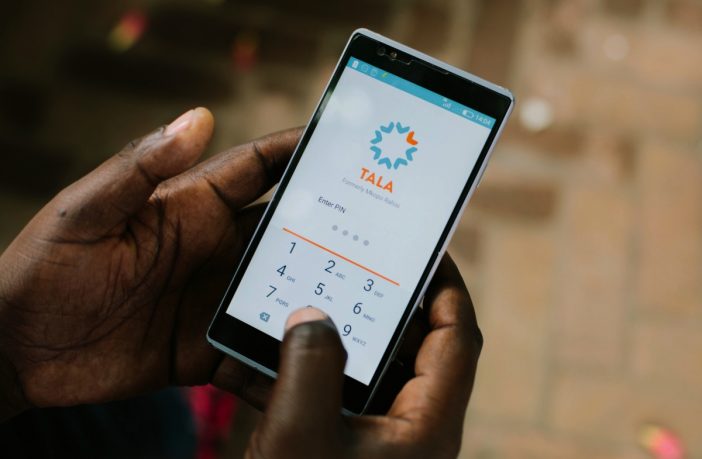
Google requires lending apps in Kenya to submit proof of license to operate in the country or risk being removed from Play Store, its digital distribution service. Those who have applied for a license from the Central Bank of Kenya and can provide proof can also be spared.
Google’s action was slow, however, two months after the Digital Credit Provider Regulations took effect to protect borrowers from malicious apps, many of which engaged in predatory lending practices and used debt-shaming tactics to get their money back.
New and old loan applications in Kenya must now submit required documents and information, or risk being blocked at the end of January next year, following similar actions in India, Indonesia and the Philippines.
“Developers with personal loan apps targeting Kenyan users should complete [a]declaration form and submit necessary documentation before publishing their personal loan app… Personal loan apps operating in Kenya without proper declaration and licensing will be removed from the Play Store,” Google said in a policy update. which also requires apps in Nigeria to obtain a “verifiable letter of approval” from the Federal Competition and Consumer Protection Commission (FCCPC).
Although less stringent than Kenya’s new law, the FCCPC rules, which came into force in August this year to protect borrowers, expect loan applications to declare their fees and demonstrate how they receive feedback and resolve complaints, among other requirements.
Kenya and Nigeria are major tech hubs in Africa and have witnessed the proliferation of lending apps, offering fast unsecured personal loans of up to $500. However, the absence of strict regulations has attracted rogue operators forcing authorities to take appropriate measures to protect citizens.
In Kenya, only 10 of the 288 loan applications that applied for licenses with the country’s Central Bank were authorized. Some of the most popular, like Zenka and Silicon Valley-backed Tala, have yet to be licensed.
Digital lenders in Kenya should avoid the use of threats or debt-shaming actions, including posting personal information in online forums, unauthorized calls and messages to customers, and access to their contact lists for the purpose of contacting them in the event of a default. .
Lending apps collect borrowers’ phone data, including contacts, and request access to messages to check mobile money transaction history – for credit scoring and as loan disbursement conditions. The rogue lenders shared some of the collected contact information with third-party debt collectors.
Already, 40 loan applications in Kenya under investigation by the Data Protection Commissioner for data breach, following user complaints.
The new law requires loan apps to also reveal their pricing model, terms and conditions to consumers in advance, unlike in the past when they were unsupervised.
Apps must also notify the regulator before introducing new products or making changes to existing products, in addition to disclosing and providing evidence of their sources of funding.
Tech




